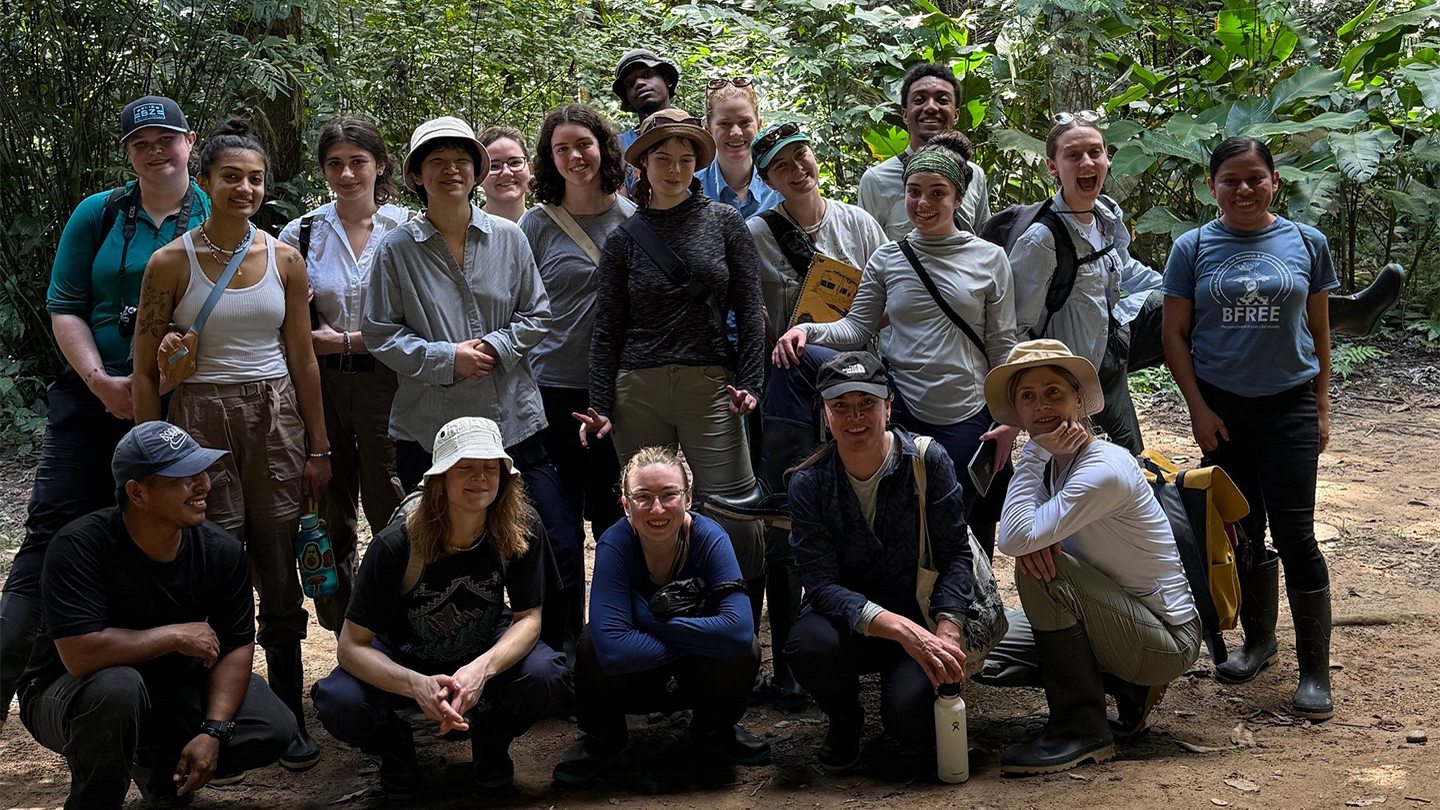Why does a minor in global development studies matter?
August 12, 2025

UVic geographer, Sophia Carodenuto cares deeply about inequality, sustainability and justice. Recently, Carodenuto accepted the role as Director, Global Development Studies program at UVic. Learn more about the minor and her role in the Q & A.
Q: Why did you want to become the new director of the program? What inspired you?
A: As an undergraduate, I completed a Certificate in International Development at Georgetown University’s School of Foreign Service – the same school where many U.S. diplomats are trained. While it's not the exact same program as UVic’s GDS minor, I feel a strong personal connection, having gone through something similar in my twenties. That experience shaped my worldview and my career path, and now I feel inspired to pay it forward. I want to help this generation of students pursue their own dreams – especially those who care deeply about inequality, sustainability, and justice. By stepping into this role, my goal is to engage more undergraduate students and show them how relevant and transformative global development studies can be.

Q: As the new director of Global Development Studies, what do you want students to know about the minor?
A: I want students to know that the GDS minor is always evolving. We actively seek student feedback to keep it meaningful, relevant, and flexible. It’s designed to work for a wide range of interests and academic paths. I’m confident it pairs well with any major and gives students the tools to think critically about global challenges. Whether you're studying business, biology, or geography, the GDS minor deepens your understanding of the structural forces that shape our interconnected world, and equips you to engage with them thoughtfully and effectively.
Q: Why is it an important minor to add to any degree?
A: We live in a world that’s more interconnected, and more unequal, than ever. No matter what field you're in, understanding global systems and power dynamics is key. The GDS minor equips students with interdisciplinary thinking, ethical grounding, and cross-cultural awareness: skills that employers, NGOs, and graduate programs all value. I encourage students to check out the recently added course GDS301: Working in Global Development, offered through UVic’s Division of Continuing Studies. This course brings together undergraduate students with non-traditional learners, including practitioners and activists, creating a dynamic space to learn from real-world experience and diverse perspectives.
Q: Do you have any favourite topics that you plan to teach in GDS?
A: Absolutely! I’m currently teaching a new Agroecology Field School through the Geography Department, where I take a small group of students to the remote rainforests of Belize for an immersive, place-based course. There, students engage directly with global food systems in practice—learning not just in the classroom, but on the ground. Learn more about it here.
One of my favourite topics is to teach how something as ordinary as a chocolate bar can reveal complex stories about trade, climate change, colonial histories, and resilience. I also love unpacking the politics of sustainability and asking critical questions like: who gets to define what “development” means? And for whom? These are the kinds of conversations that make GDS so engaging and relevant.
